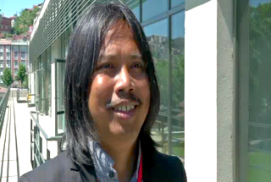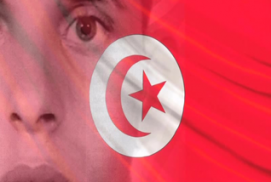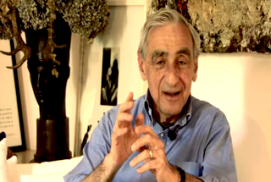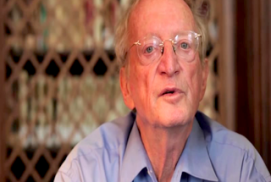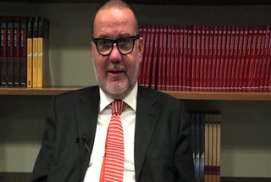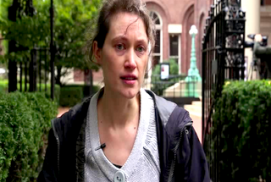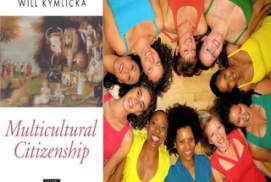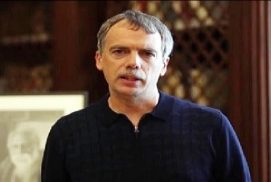
Videos

- 22 June 2016In Indonesia we have limited separation of state and religion, strong Ulema councils and also pluralism, democracy and fair elections, says Syafiq Hyasim, founder of Rahima Foundation. He researches theological answers ‘within’ Islam. Specifically, two issues: women’s rights and polygamy and the necessity to train female ulemas.
- 19 May 2016Four years after the “Jasmin Revolution” in Tunisia and in the wake of the Nobel Peace Prize 2015 awarded to the Tunisian civil society, there is still the need to understand the deep causes and challenges of this exceptional success story in the Arab world. Tunisian scholars and activists interviewed by Reset-Doc analyze the key events and features of their country democratic transition, trying to provide answers to the many questions and problems still open today with regards to economy, youth, social justice and inequalities.
- 19 April 2016The Tunisian revolution has developed in a very different way in comparison to other countries involved in the Arab springs. Tunisian thinkers interviewed by Reset-DoC analyse the reasons that brought his country to undertake a peaceful democratic transition in spite of its severe economic and social problems: among these reasons there is the fundamental role of Tunisia’s civil society, awarded with the Nobel Peace Prize in 2015.
- Michael Walzer 11 February 2016Many from my generation believed that religion would disappear – instead it came back – politicized, modern, militant and anti-liberal. So what happened to secular nations as Algeria, India and Israel, where we can observe a violent return of religion, asks Michael Walzer: was it a mistake not to engage critically with religious culture?
- 9 February 2016Is there an “Islamic State”? And can religiosity exist without freedom? No!, claims Islamic theologian Adnane Mokrani from Rome’s PISAI Institute and gives a political and historical explanation of why a secular State represents a real opportunity of religious freedom for Muslims
- 9 February 2016Why not have one state with an inclusive idea of citizenship which will include both Palestinian Arabs and Israeli Jews in one state? According to Avishai Margalit, the one-state solution could be an invitation to an unstable state and even to civil war. Modern political philosophy started with Hobbes: the imperative to avoid war, war of all against all.
- 8 February 2016Are religious wars in the Middle East today comparable with the 16th and 17th century’s European religious conflicts? Asks Alberto Melloni from the University of Modena and Reggio Emilia. Has violence among Muslims simply been covered by the political system of the Empire and is now asking for its own place in the scene of history? Or is there, on the contrary, a new violence in this area between Sunni and Shia, Alawites and Wahhabis?
- 3 February 2016Sectarianism in Lebanon is a problem rather than a solution, says Lydia Wilson, a researcher from Cambridge University. This very rigid framework that we see along sectarian lines gives people the feeling that they can’t change anything at social, religious and political level and many are planning to leave because they see no hope, even if they want a change to happen. But now that people’s fear has increased, with the imminent threat from ISIS, they feel protection only by the sect, the community.
- 19 January 2016Neither the neoliberal multicultural inclusive model without solidarity and it’s shallow citizenship, nor a defensive solidarity without the inclusion of immigrants, are useful models. Will Kymlicka, criticizes both neoliberals and conservative social democrats. His idea is that only by encountering real participation and belonging a constructive multicultural society can be created and alienation amongst native citizens be avoided.
- 18 January 2016“There is nothing new about living together, the question today is how to build Nation States that can integrate minorities in a more respectful and inclusive way without undermining social cohesion“, asks the political philosopher Will Kymlicka. But not only minorities have legitimate claims of justice: how can we fulfil these claims without undermining social cohesion?


